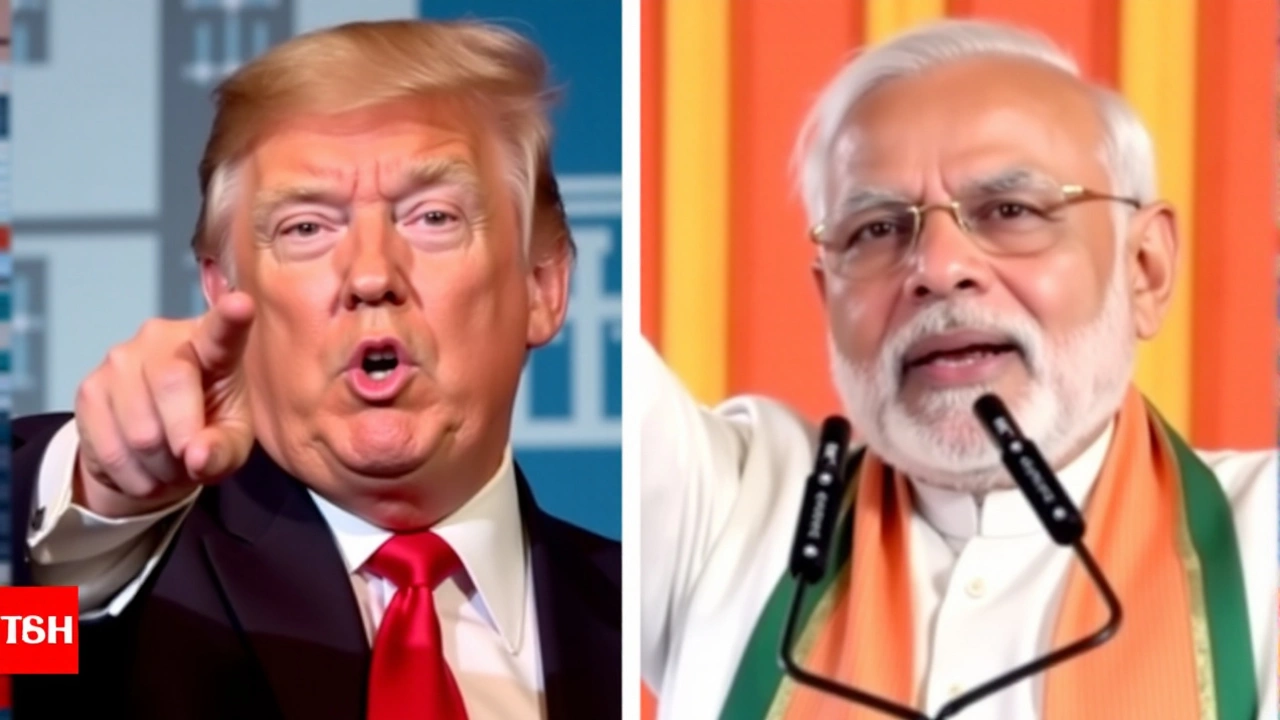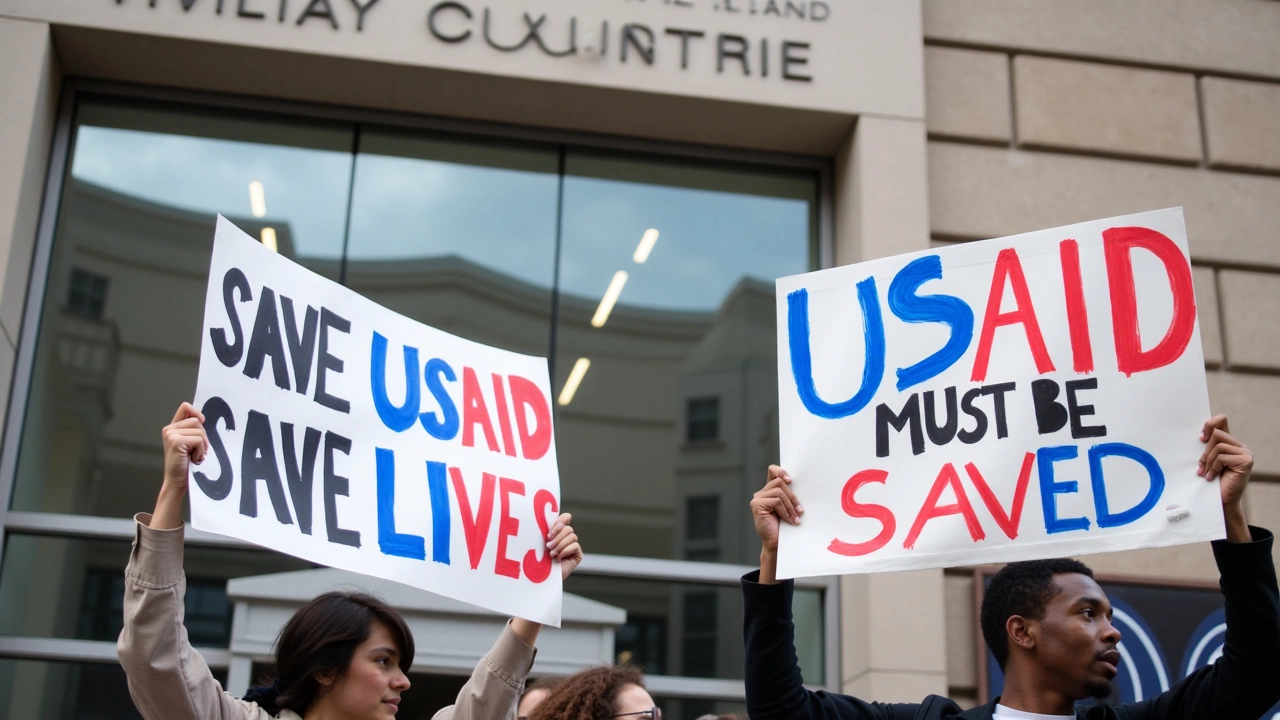In the Crosshairs: USAID's Uncertain Future
In a controversial move making waves across the political landscape, the Trump administration has set its sights on the United States Agency for International Development (USAID), an agency pivotal in fostering global development and humanitarian efforts. This contentious effort, spearheaded by the Department of Government Efficiency under Elon Musk’s guidance, aims to dismantle the agency using a mix of executive orders, aid freezes, and personnel restrictions. The campaign is already drawing fierce opposition and scrutiny from numerous lawmakers.
The Legal Quagmire
At the heart of this political storm is a constitutional debate. Congresswoman Jahana Hayes, among others, vehemently argues that the Trump administration’s actions overstep executive boundaries, infringing on Congress’s legislated authority over foreign aid. They assert that USAID's functions, encompassing vital foreign assistance programs, are protected by congressional mandates that cannot be abruptly altered by the executive branch.
The legal battle lines are being drawn, with challenges poised to ascend to higher judicial arenas. Proponents of USAID emphasize the constitutional importance of legislative oversight in foreign aid, a stance rooted in the belief that unchecked executive actions could disrupt the balance of powers intended by the Constitution.
Security and Stability at Risk?
Beyond the legal implications, the move has sparked alarm bells regarding national security and global stability. USAID’s role in bolstering human rights, disaster relief, and development initiatives around the world cannot be overstated. Critics warn that weakening this agency could inadvertently destabilize vulnerable regions, potentially exacerbating global security threats that America, along with its allies, strive to mitigate.
Supporters of USAID stress its strategic importance, arguing that reduced humanitarian and development assistance might lead to increased migration pressures, economic instability, and emergent threats worldwide. Hence, the effort to dismantle USAID is deeply interwoven with broader concerns about international peace and American national security interests.

The Political Fallout
This bold move has thrust the Trump administration into the spotlight yet again, sparking a political uproar that reflects the broader debates about the scope of executive power and fiscal priorities. Detractors, including many in Congress, see this as an overture to unravel established norms, questioning the government’s commitment to longstanding humanitarian principles.
As the Trump administration navigates these contentious waters, speculation mounts about the real motivations behind this initiative. Is it a genuine effort to streamline government operations and cut costs, or is there a deeper geopolitical strategy at play?
While the dismantling of USAID is not a done deal, its potential implications resonate far beyond the corridors of Washington D.C., casting ripples through international relations and humanitarian circles alike. With the stakes so high, all eyes remain on the unfolding battle between an administration bent on reshaping federal agencies and those steadfast in defending their integral roles.
